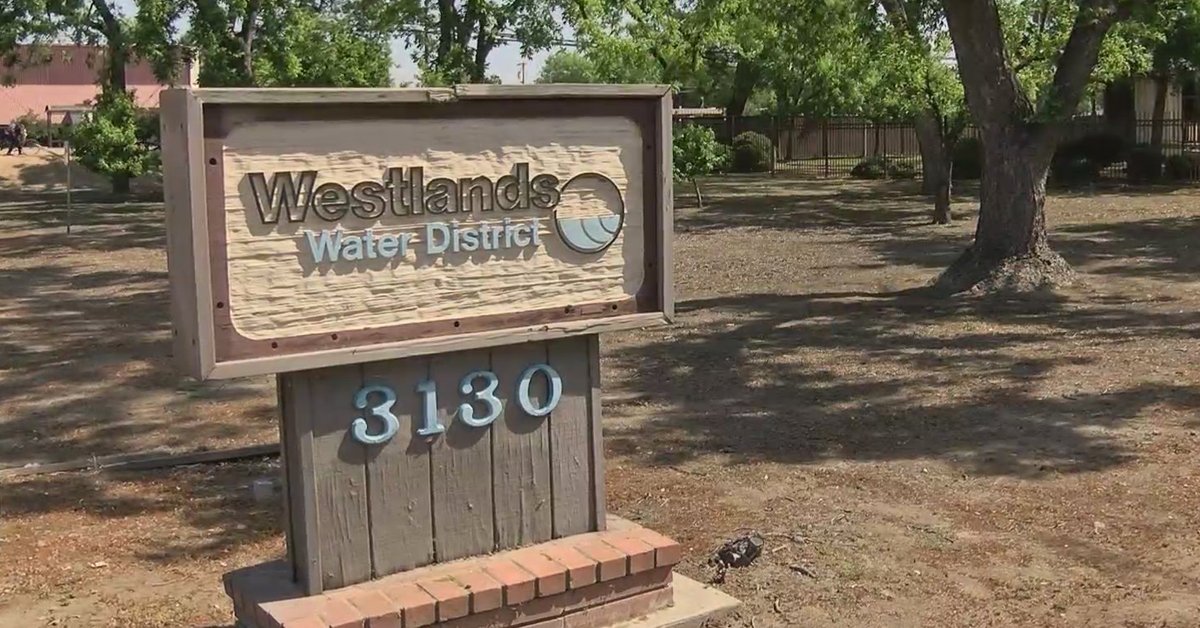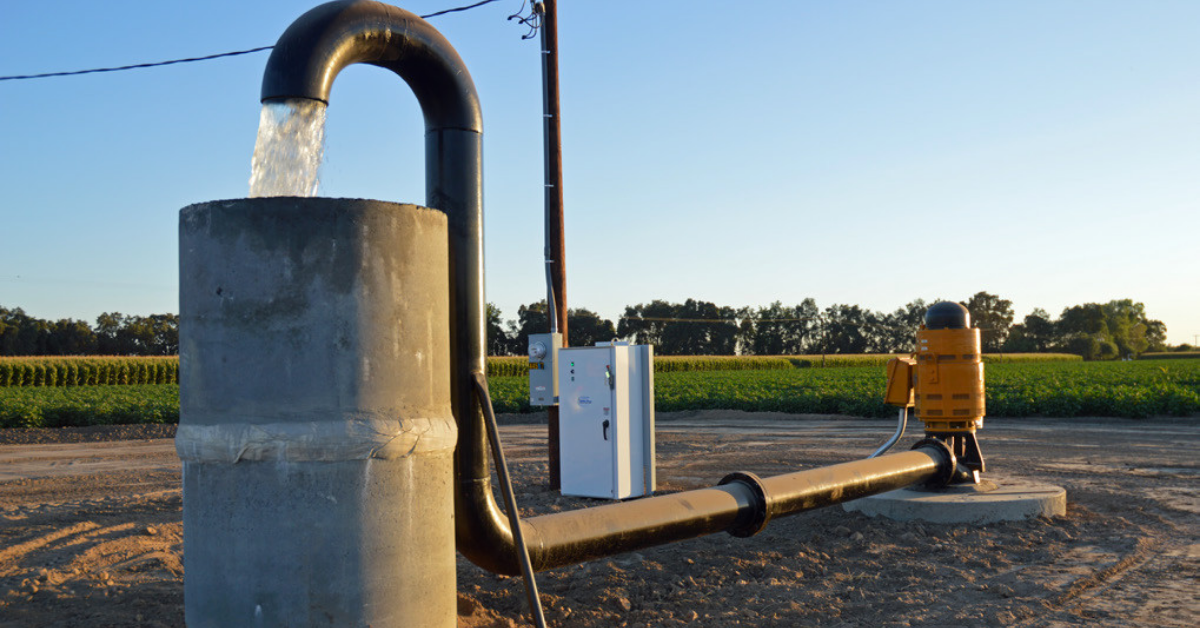With communities on the West Coast once again threatened by extreme drought, Republicans on the House Committee on Natural Resources held a hearing on Wednesday to discuss the issue.
Central Valley representatives Kevin McCarthy (R–Bakersfield), Devin Nunes (R–Tulare) and David Valadao (R–Hanford) joined the committee to address the drought.
The message was clear from all of the representatives and witnesses: The drought is a product of poor policies over the last several decades.
“In California we are facing the worst drought we’ve had in four decades,” McCarthy said. “It’s more than 40 years, and we’ve had some very bad droughts just recently. The water allocation for the state water project is 5 percent. The Friant Water Authority is at 20 percent, and the Central Valley Project allocation is virtually nonexistent. Without this water the food we grow and the food that feeds the nation is in jeopardy.”
McCarthy pointed to the WIIN Act – passed in 2016 with bipartisan support – as recent legislation that was implemented to improve water infrastructure across the nation.
But that has only been one policy decision in the face of numerous rules and regulations that have ultimately decreased the water supply in California.
Nunes pointed out that California’s water system is designed to withstand five years of drought, but he blamed Democrats for refusing to utilize the state’s storage to its full extent.
“The left in this country and especially the geniuses that are running California, like the governor and others, are running around saying ‘drought drought drought,’ but they’re too stupid or don’t want to know that the reason that this is the case is because they don’t even understand the engineering,” Nunes said.
“They refuse to follow engineering. They refuse to follow science, and they don’t even know what we have in the state, which is a system that was built to withstand five years of drought.”
With the lack of support for water storage projects, Nunes said one million acres from Merced County to Kern County will be rendered unusable this year.
“One out of every three acres is not going to be farmed,” Nunes said. “This is preposterous. It’s a joke. It’s an embarrassment, and it’s things that happen in third-world countries.”
Friant Water Authority CEO Jason Phillips backed up Nunes and blamed the government for causing the water shortages across the Valley.
“The water shortages in this state are caused by policy decisions,” Phillips said. “The fact that the weather year is dry and there’s not a lot of water, that’s weather.”
He outlined several policies that have been the main causes of the water shortages, starting with the regulations enacted by the Endangered Species Act in the early 1990s, which reduced overall water supplies by 10 percent.
That was followed up by the Central Valley Project Improvement Act in 1992, which reduced supplies by 25 percent.
A California Water Quality Control Board decision in 1995 cut supplies by 10 percent, and a federal biological opinion in 2008 further decreased supplies by 20 percent.
“When you add all these up, we now have about a 3 million acre-foot per year deficit in the San Joaquin Valley,” Phillips said.
Phillips added, “Now the decisions from frankly Washington D.C., the decisions from Sacramento over the past 30 years – these decisions about how water is managed has just turned this water system that was once the envy of the world into this confusing mess of regulations.
“We used to be able to withstand five years of drought. In fact, we have the facilities in place right now to withstand five years of drought. But as it is, as we’re being forced to manage the system today, it can withstand about one, maybe two. So at some point if common sense doesn’t take over, this horrible reality is going to become a permanent future.”
To get a sense of the impact the water shortage is having on an individual level, Valadao introduced local farmer Todd Neves, a fourth generation Central Valley farmer whose family has been in business for 107 years.
“This water situation is gut-wrenching, extremely stressful and has created an emotional roller coaster for my family, employees and me,” Neves said.
Neves farms almonds, cotton, corn, onions, tomatoes and walnuts, but with the drought he will have to fallow 35 percent of his farm.
“When fallowing 35 percent of your land, what follows next is laying off employees,” Neves said. “I have the daunting task of deciding whom to let go. Will it be a long-time employee who has been with me through thick and thin, whose children I saw grow up? Or is it the new employee who is recently married with their first child on the way?
“These decisions are gut-wrenching, and I know that every other farmer in Westlands is having to make the same decisions. All of this is extremely frustrating because I feel that a lot of our problems regarding today’s drought could’ve been avoided or reduced significantly if water resources in California were more effectively managed.”










